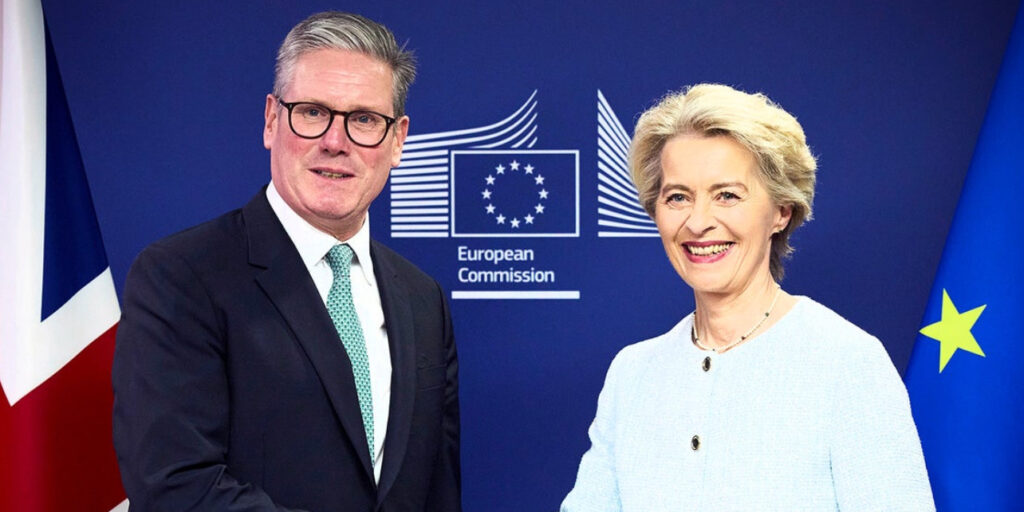The UK government has earmarked over £10 billion for post-Brexit payments to the European Union (EU), continuing to send billions to Brussels despite leaving the bloc in 2020.
The funds cover the UK’s remaining financial commitments, including pensions for EU staff and diplomats, as well as other pre-existing obligations.
New government data shows the total provision for “EU liabilities” has decreased to £10.6 billion, down from £31.7 billion last year and £38.7 billion the year before. However, critics argue the sum remains a stark reminder of the financial burden left by Brexit.
Opponents of Brexit have seized on the figures, criticising the ongoing payments and the broader economic impact of the UK’s departure from the EU.
SNP MP Stephen Gethins described Brexit as a costly mistake, stating: “Not only is Brexit taking away our rights and opportunities, but it’s also crippling our economy and costing billions.”
Former armed forces minister Sir Nick Harvey echoed these concerns, warning that Brexit’s economic fallout continues to hinder the UK’s recovery. “Addressing the economic damage done by Brexit must become a priority,” he told The Independent.
Recent government estimates indicate that Brexit will reduce UK trade by 15% in the long term. Analysis by the independent Office for Budget Responsibility (OBR) suggests that only 40% of Brexit’s economic damage has been realised so far, with the majority of its impact still to come.
Mike Galsworthy, chair of European Movement UK, called the ongoing payments “a stark indictment” of the Brexit deal, which he described as a “complete disaster.” He added: “Ignoring the severe damage Brexit is doing to our already stretched public finances is reckless.”
As Labour leader Sir Keir Starmer seeks to rebuild ties with the EU, some are calling for a return to the single market and customs union. Sir Nick Harvey suggested that such a move should be considered as part of efforts to mitigate Brexit’s economic damage.
The renewed focus on Brexit’s financial and economic consequences comes as Chancellor Rachel Reeves’ recent Budget introduced £40 billion in new taxes, aimed at addressing a fiscal deficit attributed to previous Conservative governments.
Critics argue that these financial pressures make it even more urgent to reassess the UK’s post-Brexit strategy.


